At Atlantic ENT, our experienced speech-language pathologists provide specialized swallowing therapy to help patients regain comfort, safety, and confidence when eating and drinking.
Understanding Swallowing Therapy
Swallowing therapy is a structured, evidence-based program designed to improve swallowing function through targeted exercises, retraining, and education. It is typically recommended after diagnostic evaluation—such as a Fiberoptic Endoscopic Evaluation of Swallowing (FEES)—has identified specific issues affecting the swallowing process.
The therapy is conducted by a licensed speech-language pathologist (SLP) who specializes in swallowing and voice disorders. Each patient’s program is customized to address their unique challenges, from strengthening weak muscles to improving timing and coordination.
Our therapists work closely with our ENT physicians to ensure that every aspect of your treatment—from diagnosis to recovery—is carefully coordinated for the best outcomes.






